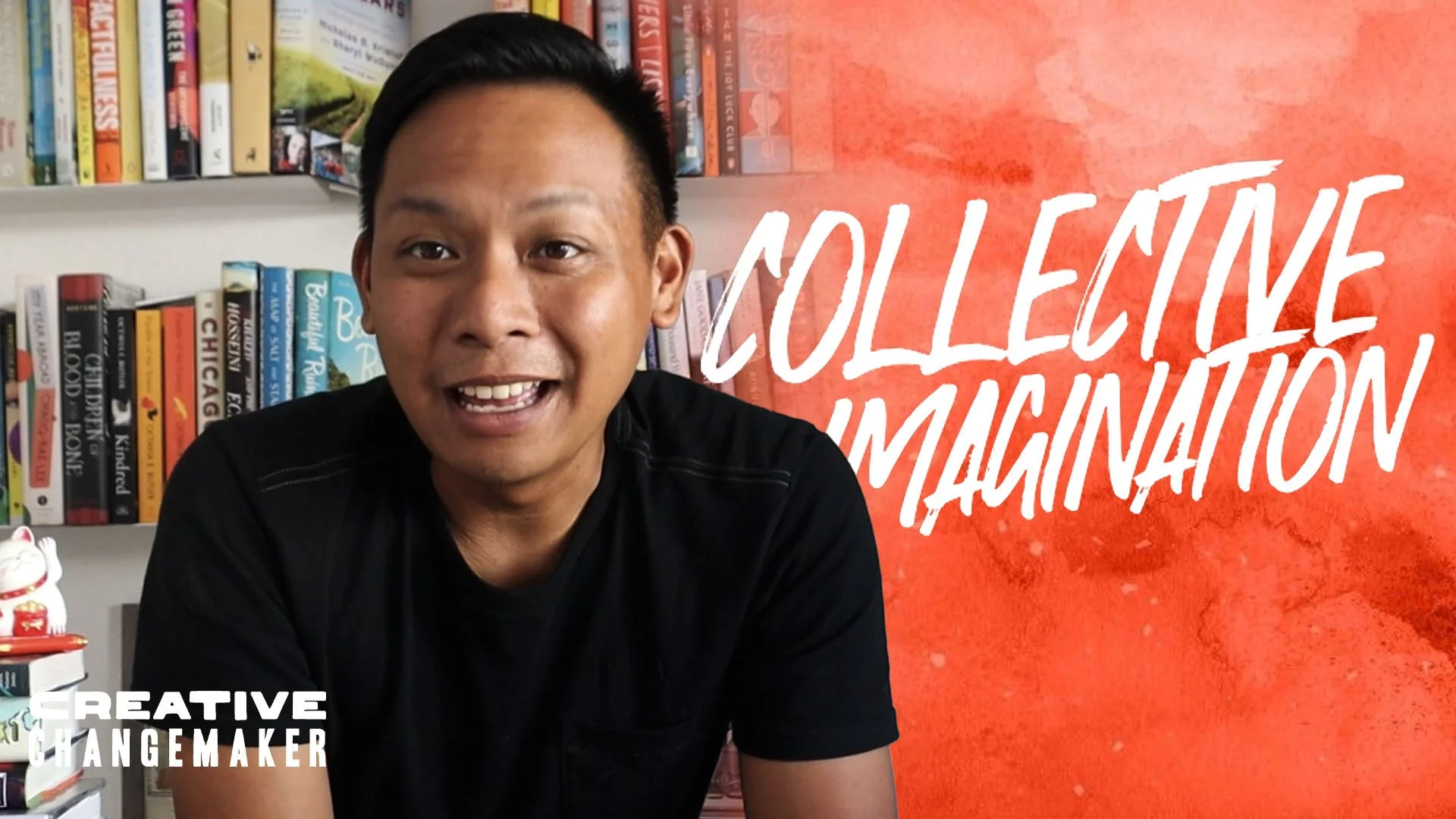I recently learned about a study that kind of made me sad.
Researchers performed an analysis of media, literature, and stories from a wide sample of different times and cultures. What they found was that in relation to any other moment in history where we have recorded stories, nature plays the smallest role in the stories we’re telling today.
In other words? Nature used to play such a significant role in the stories we’d tell and pass on. The legends of ancient civilizations contain floods and fires and earthquakes. Often they’re proxy actions on behalf of gods and heroes. When a hero set off on a journey, a large portion of the obstacles they’d encounter along the way are set in place by natural elements.
Today? We have so many stories- books, films, shows, where the characters hardly interact with nature or acknowledge it.
While this is sad, it’s really not that surprising. We probably would have predicted it. Nature takes a diminished role in our collective imagination as our own relationship with nature is very strained.
For one, we have the widespread destruction of nature brought about by land exploitation and climate change. On top of that, we spend so much time living lifestyles that have us insulated from nature. Where our metal capsules on wheels shuttle us from one insulated building to another to perform our daily tasks.
I would love to see nature restored in the collective imagination. That would be worth doing for its own sake. But also, it would probably help us be more conscious of nature as an important actor in our lives, and maybe, just maybe, nudge us towards better stewardship.
But how do we do that, especially with stories set in the present day? It doesn’t need to be done with a heavy hand with the Lorax making a cameo in every direction. But there are a few ways to massage it in for more depth.
How do characters relate to nature?
One thing to figure out is how each character relates to nature. Are they at peace with it? Scared with it? Detached from it?
Establishing a relationship is always important for driving a scene forward, and our relationship with nature is no exception.
In many cultures, the way a person treats nature was a barometer of their moral condition. While we don’t need to make it as obvious as the villain always being somebody who just chucks their disposable cup out the window while driving down the highway, we might simply ask the question while doing our own backstory development. That relationship will likely inform many of the decisions a character makes moving forward.
Some examples of this from stories 20 years old or younger include: Wild, The Fantastic Mr. Fox, There Will Be Blood, Minari, Room, and Killers of the Flower Moon
In what ways is nature itself a character?
I realize that when done poorly, this can be a cheap for of Deus Ex Machina or forcing the plot forward, but when done well, it’s done really well.
Much like how human characters have a point of view and influence things around them, there’s no firm reason for not giving nature a similar treatment. In many cultures this wouldn’t have been odd… just a stand in for a higher power.
One common approach- perhaps the most common approach to characterizing nature in today’s stories- is an adversarial one. Say, The Revenant. And while that’s totally fair game and good stories have come out of that angle for as long as we’ve recorded stories, perhaps it says something about our present day that this is our default way of making nature as a character.
I gently nudge thinking about other personifications of nature. As an upholder of consequence. As a nurturer. As one that maintains the cycle of life and death. There are plenty of approaches.
For your own research, consider Beasts of the Southern Wild, Black Panther, Triangle of Sadness, Minari, Lunana, Over the Moon, Strange World
How do nature’s conditions support the plot?
Finally, there’s this question: how does nature mirror the story arc itself?
Okay, it was a dark and stormy night is a total trope at this point, but there’s a reason why it’s attained that status. No matter how predictable it is for us to link rain with sadness, darkness with mystery, hot sun with endurance… it still works. That’s because these associations are probably wired within us very deeply at some evolutionary level.
How high you want to turn the knob from subtle to cartoonish is entirely up to you and whatever you think best serves the world you are creating. And you might even think about subverting these expectations too.
Consider: Into The Wild, Parasite, Nope, Midnight Mass, The Expanse
Restoring nature's role in the collective imagination won’t happen overnight. But through the stories we tell, one story at a time, we can make things move.





